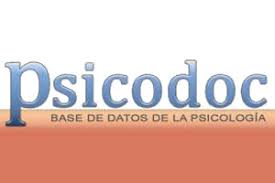This journal provides open, immediate access to its contents, based on the principle that offering the public free access to research helps to promote a higher global exchange of knowledge.
As such, all journal articles are published under a Creative Commons Attribution-NonCommercial-ShareAlike 4.0 International License (CC BY-NC-SA), by which commercial use of the original work or its possible derived works is not allowed, and the distribution thereof must be done with the same license elements regulating the original work.
http://creativecommons.org/licenses/by-nc-sa/4.0/
Abstract
The present study aimed to characterize the relationship between bullying and social support networks and family functioning adolescents perceived by an educational institution. We proposed a nonexperimental descriptive-correlational data which was collected exclusively Floridablanca, Santander. The sample consisted of 304 students in grades sixth, ninth and eleventh in a public school, the ages ranged from 10 to 18. As instruments used three questionnaires: Questionnaire Paredes Lega and Vernon (2006) for detection of bullying, the Family APGAR to measure family functioning, and social support questionnaire MOS. The data analysis was worked with SPSS 17.0. The results show that in school behaviors are associated with the phenomenon of bullying (aggression, exclusion, bullying), 30.5% of all students admitted to have ever attacked in different ways to a partner ridiculing, beating , or by excluding it from the threat, the most repetitive ridicule with 44.5%, the results showed the presence of "bullying" in 22.8% of the students tested. Finally, we conclude in research, the importance of strengthening support networks within the school context, as it is not fulfilling the role of providing support to young people who have these behaviors, specifically those who are bullied, which demonstrates the need for more teachers involved, family and peers, the dynamics that are developing within the educational institution aimed at building strong support networks for students.





















